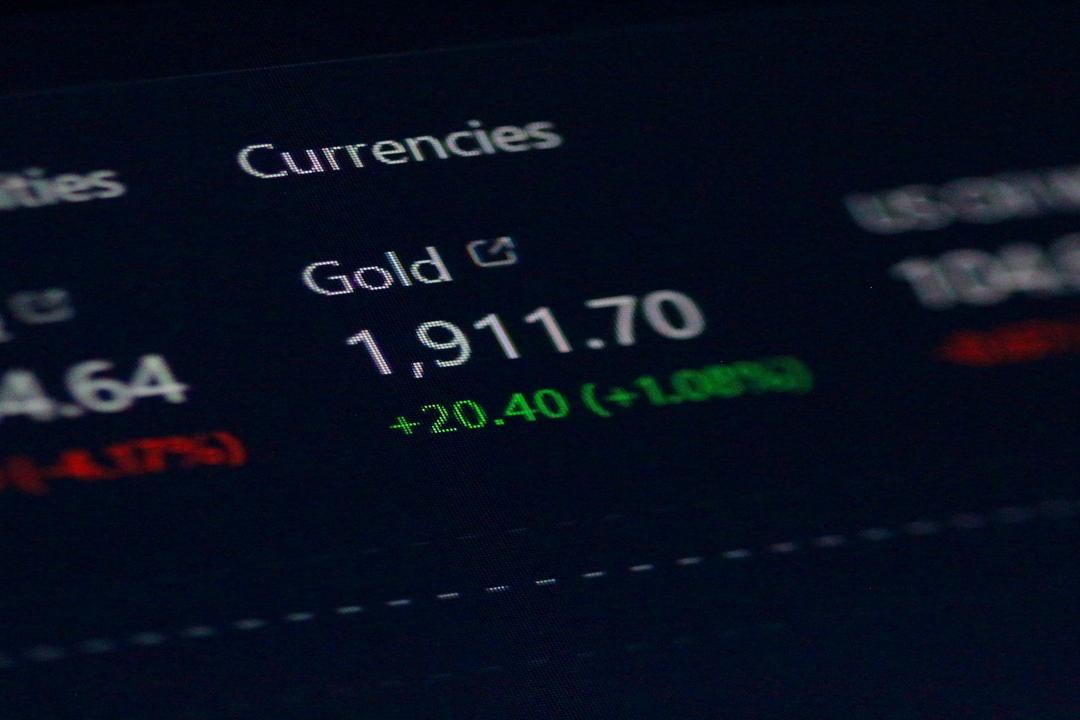The Internal Revenue Service (IRS) of the United States, which is responsible for tax collection, has unveiled a preliminary version of the new Form 1099-DA titled “Digital Asset Proceeds from Broker Transactions.” This form is intended to be used starting in 2025 for reporting income derived from digital asset transactions in 2026.
Under the new guidelines, brokers will be required to prepare Form 1099-DA for each customer who sells or exchanges digital assets. The term “brokers” encompasses kiosk operators, digital asset payment processors, hosted wallet providers, unhosted wallet providers, and other entities, as stated in the form. Copies of Form 1099-DA will be distributed to both customers and the IRS, who will utilize them for verification purposes.
The form solicits information such as token codes, wallet addresses, and blockchain transaction details. As per the rule proposed in August 2023, cryptocurrencies, nonfungible tokens (NFTs), and stablecoins are considered reportable assets. However, the crypto community expressed its concerns regarding these reporting requirements when they were initially announced. The Blockchain Association criticized the rule, claiming that it exhibited a “fundamental misunderstanding” about the nature of digital assets and decentralized technology. Similarly, Coinbase’s chief legal officer, Paul Grewal, argued that the proposed regulations would establish a “dangerous precedent” by subjecting nearly all digital asset transactions, including minor ones like buying a cup of coffee, to mandatory reporting.
The dissatisfaction with the reporting rules continued into 2024, as commenters expressed their discontent. Tax experts also took to the web to share their opinions. Ledgible, a crypto tax and accounting service, highlighted the challenges of reporting decentralized finance, which lacks intermediaries to fulfill reporting obligations. Additionally, the new rule could impose a significant administrative burden on brokers who handle a large volume of transactions.
Furthermore, brokers will be compelled to exchange information regarding digital asset transfers to accurately determine the cost basis (i.e., initial value or purchase price), according to Gordon Law. However, they currently lack a mechanism for sharing such data. Moreover, there is no means of distinguishing between self-transfers and taxable transfers when a crypto owner moves assets between exchanges.
Taxpayers who previously underreported their crypto income may face consequences when they file their taxes in 2025. Users of foreign exchanges that explicitly do not cater to U.S. citizens are not required to submit the form. However, the IRS may still be able to identify offshore activity if the taxpayer transfers assets to a U.S. exchange.
The IRS is open to receiving comments on the draft form, as it continues to refine its regulations.

